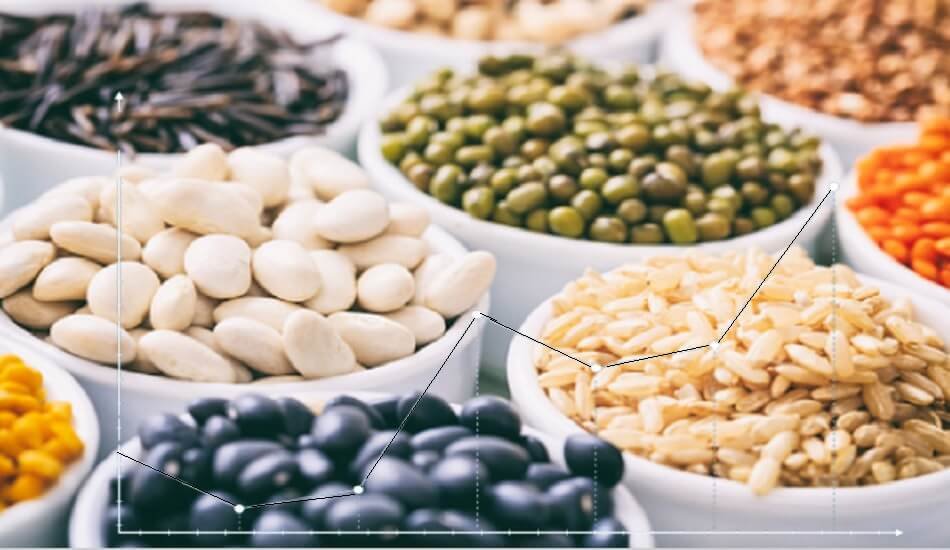Farmers, and FPOs in dilemma due to the futures trading ban on certain Agri commodities
The one-year restriction on futures trading in a variety of agricultural commodities has left a host of Farmers Producers Organizations (FPOs) in the lurch. Many FPOs who purchased agricultural commodities from farmers during the harvest last year are experiencing difficulties because prices have fallen since then and they have been unable to hedge their risk on futures exchanges.
Utthan Mustard Producer Company in Bharatpur, Rajasthan, keeps around 535 quintals of mustard in warehouses. During the initial arrival in April, it paid ₹6,600-₹7,000 a quintal for the mustard stocks. Mustard prices are currently hovering around ₹6,200 per quintal. Approximately 55-60% of mustard arrives at the mandis during March and April, just after harvest.
Also Read | Ban on futures trading in seven agri commodities had a significant impact on NCDEX.
Rup Singh, CEO of Utthan Mustard, told BusinessLine that the company provided a premium of ₹50 per quintal over the spot price at the time to help distressed farmers who brought their supply to the market shortly after harvesting, knowing that prices would be under pressure.
According to him, this is the first time in the last 12 years that prices have fallen below the first arrival days. Normally, he claimed, the FPO hedges its risk by shorting long-term contracts on National Commodity & Derivatives Exchange Limited (NCDEX) and depositing the stock in certified warehouses, but SEBI halted futures trading in December, and most farmers are now facing massive losses.
Wheat, Chana (chickpea)
Singh claims that the majority of Rajasthan’s FPOs dealing in chana and wheat are also facing the same fate. Attempts to sell mustard directly to corporations and open markets have resulted in a 5-10% reduction knowing that it is a distressed sale, according to Singh.
Basant Sharma, a farmer from the Bharatpur area who cultivated mustard on 5 hectares this season, was hopeful that the Ukraine war would cause prices to skyrocket.
Farmers used to make selling decisions based on the ticker board on NCDEX pricing shown at mandis, but the board has recently stopped operating, he said.
In October, the government suspended futures trading in rapeseed-mustard until further notice, and in December, it added RMseed to a list of seven commodities on which futures trading was prohibited for a year.
Bharatpur district, the largest mustard growing division, accounts for more than 48% of Rajasthan output. Alwar, Sriganganagar, Sawaimadhopur, and Jhunjhunu are also important mustard farming districts.
In terms of mustard cultivation area, Rajasthan has 45% of the total, followed by Uttar Pradesh (12%), Madhya Pradesh (12%), and Haryana (9%). Also Read | Farmers, FPOs can lock selling price at sowing time to manage price risk: Ashok Dalwai.
The transparent price discovery process of a futures exchange, according to BV Mehta, Executive Director of the Solvent Extractors’ Association, has benefitted farmers, and the government should consider industry demand before lifting the prohibition on futures trading in specified commodities. India produces around 45% of edible oil for home consumption, with mustard accounting for 39%, soyabean (24%), and groundnut (7%).


















Add Comment